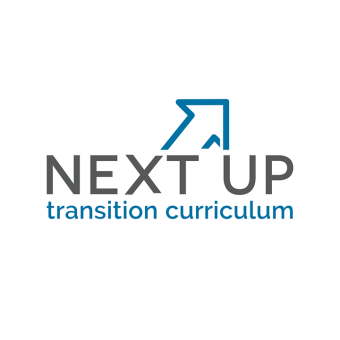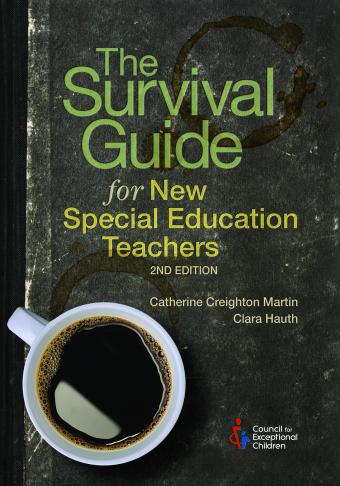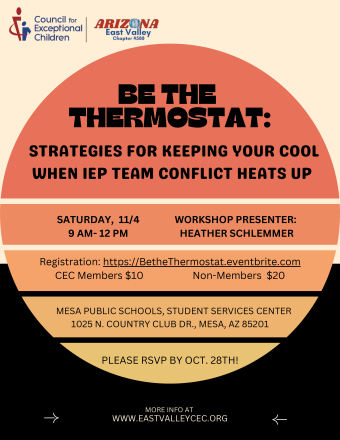Meet CEC’s 2025 Teacher of the Year, Michael Craig
The CEC Teacher of the Year Award recognizes a CEC member teacher who currently provides instruction to students with disabilities and/or gifts and talents and is an outstanding member of the...
Publish Date:
August 14, 2025






